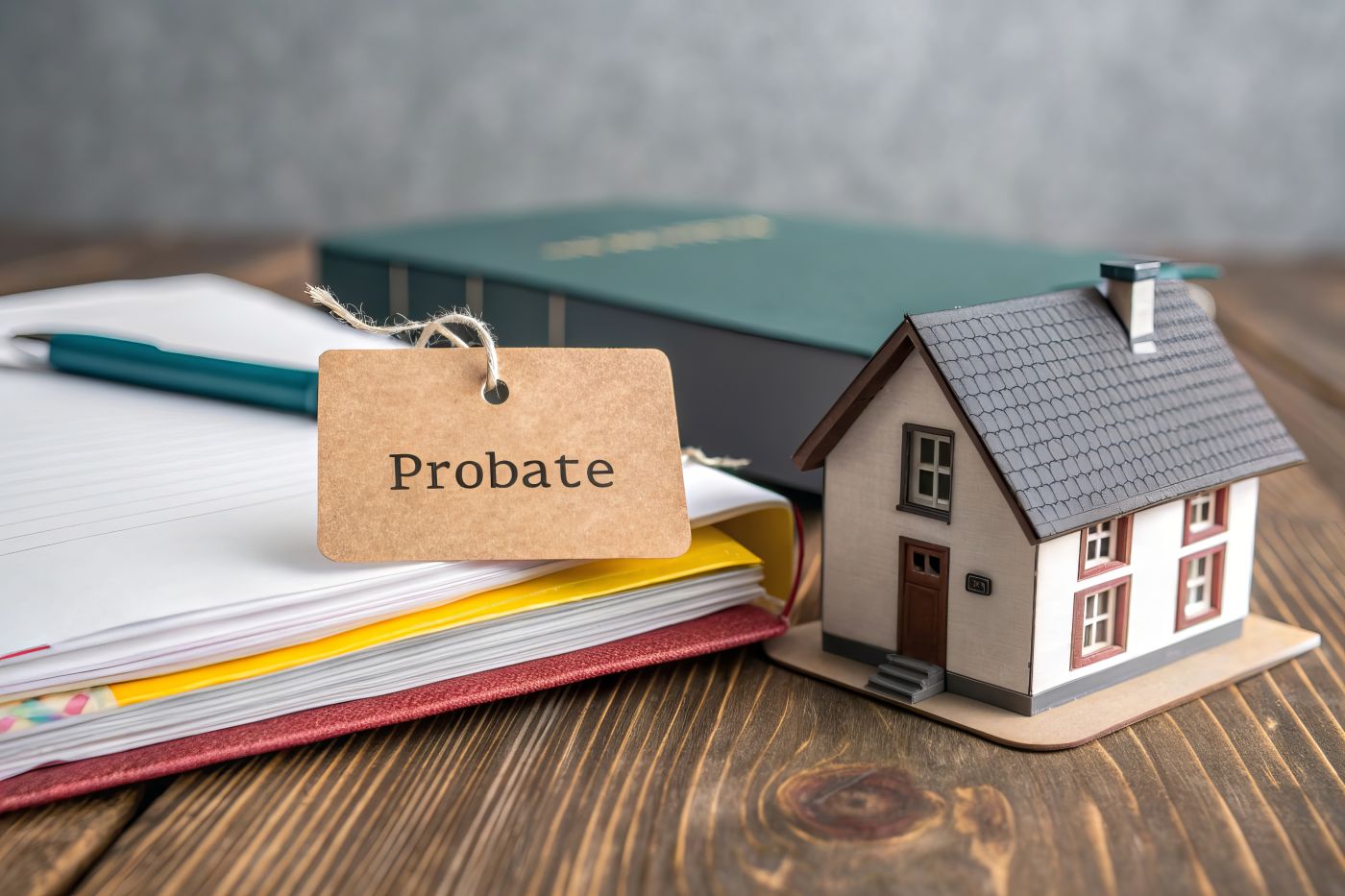
Estate planning isn’t just about bank accounts and real estate—it’s also about making sure the things that matter most to you are protected and passed on according to your wishes. Because these collections often have unique legal and tax considerations, it’s essential to address them early and clearly in your plan.
At The Nelson Law Firm in Bluffton, South Carolina, we often meet clients who have spent decades curating personal collections—whether that’s fine art, antique furniture, or rare sports memorabilia. These items may carry both sentimental and substantial financial value, which makes them an important part of the estate planning conversation.
Proper planning also makes sure that your collections are handled by someone who truly understands their importance. This could include appointing a knowledgeable executor or trustee with specific expertise or interest in the types of items you own. Without such foresight, treasured items may be undervalued, mismanaged, or even discarded unintentionally.
We’ll walk you through the factors you should consider, from valuation to distribution, so you can make confident, informed decisions. Contact us today for further legal advice that can help protect your legacy and your loved ones.
The Value of Personal Collections
The first step in protecting your collection through estate planning is understanding its true value. While sentimental worth is personal, legal and financial planning requires knowing the fair market value. This can affect taxes, insurance coverage, and even how your beneficiaries may choose to handle the items.
Many collections—especially art and antiques—can appreciate significantly over time. Without an accurate valuation, your heirs could face unexpected tax burdens or disputes over the items’ worth. A professional appraiser can provide detailed documentation, which is not only helpful for your records but may also be necessary for insurance and potential sales.
Knowing this value will guide decisions about whether your collection is best suited for private inheritance, charitable donation, or public auction. This naturally leads us into the next important step: determining your wishes for distribution.
Deciding How to Distribute Your Collections
Once you know the value of your items, the next challenge is deciding how they’ll be distributed. Personal collections often carry emotional attachments, which can make decisions about who gets what particularly sensitive.
Some clients choose to leave specific items to specific individuals, while others prefer to liquidate collections and distribute the proceeds. The key is to be clear and specific in your estate planning documents to avoid misunderstandings or disputes.
In cases where your collection is highly specialized, you might consider donating it to a museum, historical society, or educational institution. This can be both a generous gesture and a strategic tax move. Whatever your choice, documenting it clearly is essential for making sure your wishes are honored.
You might also consider including a detailed inventory with photos and descriptions, which can serve as a helpful reference for your executor and beneficiaries. This kind of clarity helps make sure that no items are overlooked, misidentified, or lost in the transition.
Additionally, some families choose to involve an independent appraiser or advisor during the distribution phase to promote fairness, especially when multiple heirs are involved. Having a neutral perspective can help ease emotionally charged decisions.
Preventing Disputes Over Valuable Items
Even the most loving families can face tension when valuable items are involved. Personal collections are particularly susceptible to disagreements because their value can be both monetary and emotional.
Some ways to minimize conflict include:
Detailed written instructions: Clearly state in your will or trust which beneficiary will receive each item. Ambiguity can lead to unnecessary conflict.
Early conversations with beneficiaries: Discuss your plans in advance to avoid any surprises later. This can help manage expectations and preserve relationships.
Use of a professional executor or trustee: Having a neutral party administer your estate can help make sure your instructions are followed without bias.
By combining these steps with proper estate planning, you greatly reduce the risk of disputes. This naturally brings us to another essential consideration—understanding the tax implications of your collection.
Tax Considerations for Personal Collections
Taxes can be a complicated part of passing on personal collections. Depending on the size of your estate and the value of your items, estate or inheritance taxes may apply. Additionally, if your beneficiaries decide to sell an inherited item, they could face capital gains taxes based on the item’s appreciated value.
Proper estate planning can help you explore strategies to minimize these tax burdens. For example, charitable donations of art or antiques can provide tax deductions, while certain trust structures can offer more control over how and when assets are transferred.
Understanding these tax rules is not only about compliance but also about maximizing the value your loved ones receive. This awareness naturally ties into another key step—keeping your plan current.
Keeping Your Plan Up to Date
Personal collections evolve over time—new items are added, some are sold, and market values shift. This means your estate plan should be regularly reviewed to confirm it reflects your current holdings and wishes.
Updating your plan might involve adding new appraisals, changing beneficiaries, or revising distribution instructions. By staying proactive, you make sure that your estate planning documents remain accurate and enforceable.
This process of review and adjustment is also an opportunity to integrate other key legal tools that can strengthen your plan.
Legal Tools That Can Help Protect Your Collections
When we work with clients to protect their collections, we often recommend additional legal measures to complement their will or trust. Some of the most effective tools include:
Revocable living trusts: Allow you to transfer ownership of items during your lifetime while retaining control, which can help avoid probate and maintain privacy.
Specialized insurance policies: Coverage specifically designed for high-value items can protect your collection from loss, theft, or damage.
Letters of instruction: A non-legal document that can provide context, care instructions, or personal messages to accompany the formal transfer of an item.
In some cases, it may also be wise to establish a foundation or family LLC to manage especially large or valuable collections. These structures can offer tax benefits, streamline administration, and ensure the long-term preservation of culturally significant assets.
If your collection is expected to grow in value or cultural relevance, consider planning for future stewardship. This might involve designating curators, setting maintenance guidelines, or outlining display intentions for public or private viewing.
Incorporating these tools into your estate planning offers multiple layers of protection, providing both legal clarity and personal peace of mind. This brings us to the final and perhaps most important step—taking action now.
Contact Us to Help Protect Your Family’s Future
Your personal collections represent a lifetime of passion, dedication, and memories. By addressing them thoughtfully in your estate plan, you can make sure that they’re valued, protected, and passed on according to your exact wishes.
At The Nelson Law Firm in Bluffton, we assist clients across the South Carolina Lowcountry region, including Beaufort County, with probate administration, probate litigation, and estate planning, providing tailored guidance to safeguard what matters most.
Don’t leave your legacy to chance; let our experienced professionals provide the estate planning support you need. Contact The Nelson Law Firm today to discuss your options and create a plan that reflects both the financial and sentimental value of your collections.



